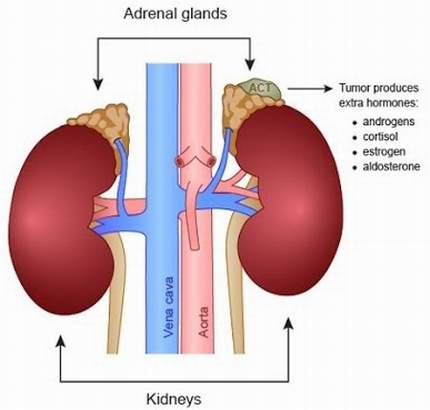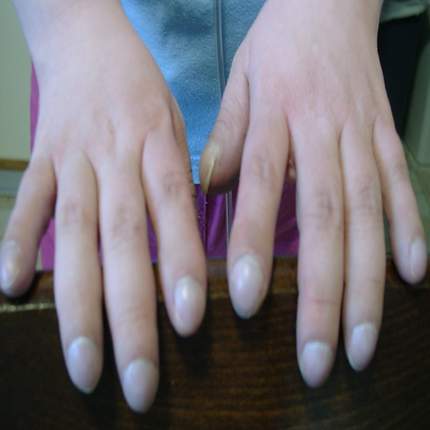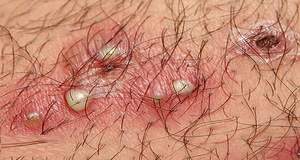What Does the Systolic Blood Pressure Number Mean?
When your heart beats, it contracts and pushes blood through the arteries to the rest of the body. This force creates pressure on the arteries. This is called systolic blood pressure.
A normal systolic blood pressure is below 120.
A systolic blood pressure of 120 to 139 means you have prehypertension, or borderline high blood pressure. Even people with prehypertension are at a higher risk of developing heart disease.
A systolic blood pressure number of 140 or higher is considered to be hypertension, or high blood pressure.
What Does the Diastolic Blood Pressure Number Mean?
The diastolic blood pressure number or the bottom number indicates the pressure in the arteries when the heart rests between beats.
A normal diastolic blood pressure number is less than 80.
A diastolic blood pressure between 80 and 89 indicates prehypertension.
A diastolic blood pressure number of 90 or higher is considered to be hypertension or high blood pressure.
What Is “Normal” Blood Pressure?
A blood pressure reading has a top number (systolic) and bottom number (diastolic). The ranges are:
- Normal: Less than 120 over 80 (120/80)
- Prehypertension: 120-139 over 80-89
- Stage 1 high blood pressure: 140-159 over 90-99
- Stage 2 high blood pressure: 160 and above over 100 and above
- High blood pressure in people over age 60: 150 and above over 90 and above
People whose blood pressure is above the normal range should consult their doctor about steps to take to lower it.
Symptoms of High blood pressure
Most people with high blood pressure have no signs or symptoms, even if blood pressure readings reach dangerously high levels.
Although a few people with early-stage high blood pressure may have dull headaches, dizzy spells or a few more nosebleeds than normal, these signs and symptoms usually don’t occur until high blood pressure has reached a severe or life-threatening stage.
Prevention and treatment of High blood pressure
You can take steps to prevent high blood pressure by:
- losing weight if you need to
- reducing the amount of salt you eat
- exercising regularly
- eating a healthy diet
- cutting back if you drink too much alcohol
- stopping smoking
- cutting down on caffeine
If your blood pressure is found to be high, it will need to be closely monitored until it is brought under control. Your doctor will usually suggest changes to your lifestyle and, sometimes, medication to achieve this.


















